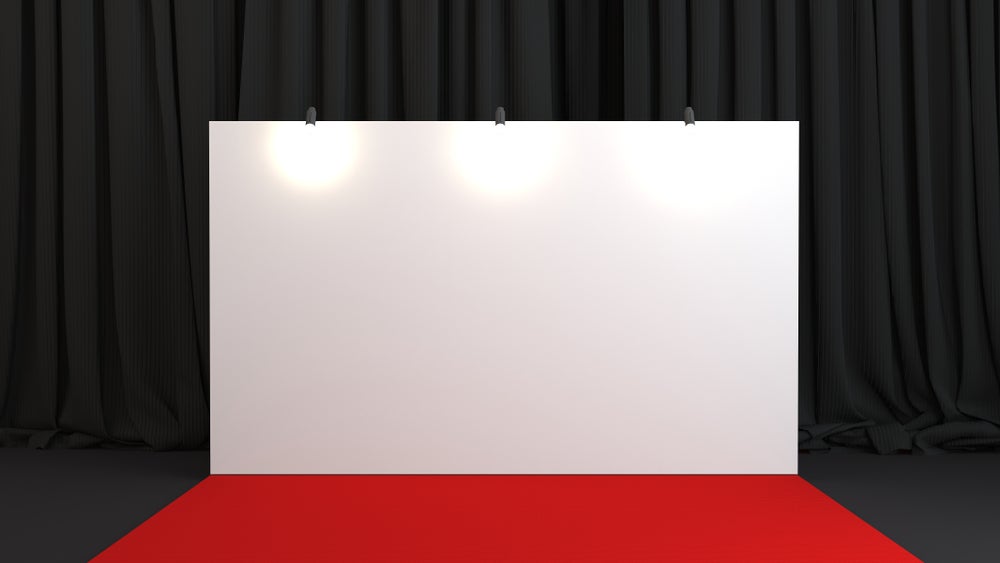

One of the keys to marketing yourself at conferences and events is the proper booth materials. From merch to table cloths, branded material is important to make your business stand out in a crowd of merchants and providers. For these events, one of the best marketing materials is the step and repeat banner.
Step and repeat banners are large photo backdrops with repeating patterns. Traditionally displayed on red carpets and fashion events, steps and repeats are also popular for proms, birthday parties, weddings, and company events. Step and repeats are great for photo opportunities, sharing your brand on social media profiles.
To make the most of your backdrop, you need to give your customers a good reason to use your backdrop. Here are some of the tips you can follow to ensure that your step and repeat banners are ready for some glamor.
The first place to start is deciding on the right banner. Your banner frames should be large enough so attendees can comfortably stand and pose in front. Because of average height, 8’ is universal. For length; consider the number of attendees. 8×8 is standard, an 8×4 may work for a small event. For big events where groups will gather, use an 8×10 or 8×12 size.
Likewise, scale the logo to make a clean read within the backdrop. Small logos will be hard to read, while larger logos may create awkward cropping around your photo takers. As a rule of thumb, the banner should have a maximum of five to six repetitions of the logo.
These are the recommended dimensions for logo size:


Whether it’s for a red carpet event or a local prom, the pictures in front of your pop-up displays will live forever on social media. Therefore, a clean design is essential. Select a design that matches your branding guidelines, and don’t clutter it with too many elements.
A backdrop is meant to be just that; in the background. While you want your step and repeat to clearly show your logo, an elegant and simple design will allow your photo takers to pop in front, and provide your banner maximum impact.
For the background of your banner, it’s best to select a neutral shade like gray, white, or for added glamor, black. The colors of the background and logo should be in contrast, but balance with one another. Avoid using loud colors, select a muted color palette, and tone down the brightest hues in your logo.
Likewise, it’s a good idea to avoid glossy banners for backdrops. Shiny material will cause glare from lights and flash photos. While vinyl frames are durable, they also tend to reflect light. Instead, opt for fabric banners, which will mute your colors and offer a clean, reflection free backdrop.
Most brands make the mistake of using low DPI images when customizing their banners. As a result, the images on the banner come out blurry or pixelated. Use high-quality images with a photo resolution of 300 DPI for print use. For best results, design your logo in a vector graphics program like Adobe Illustrator to scale your logos to any size.
A banner is an investment, and before investing in anything, it’s important to keep in mind your needs. Here’s some tips for selecting your perfect banner: